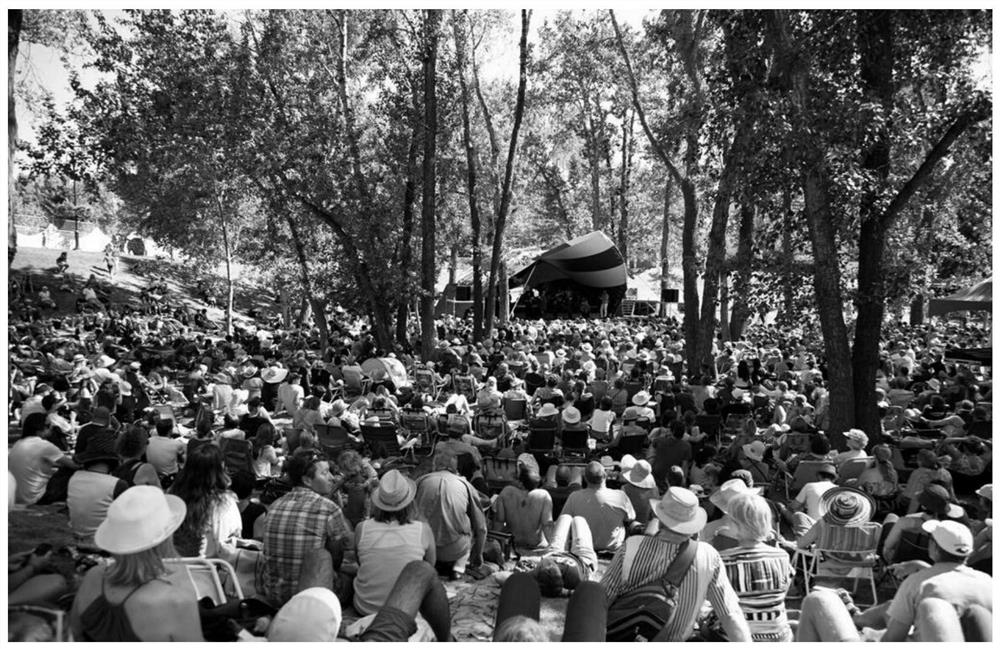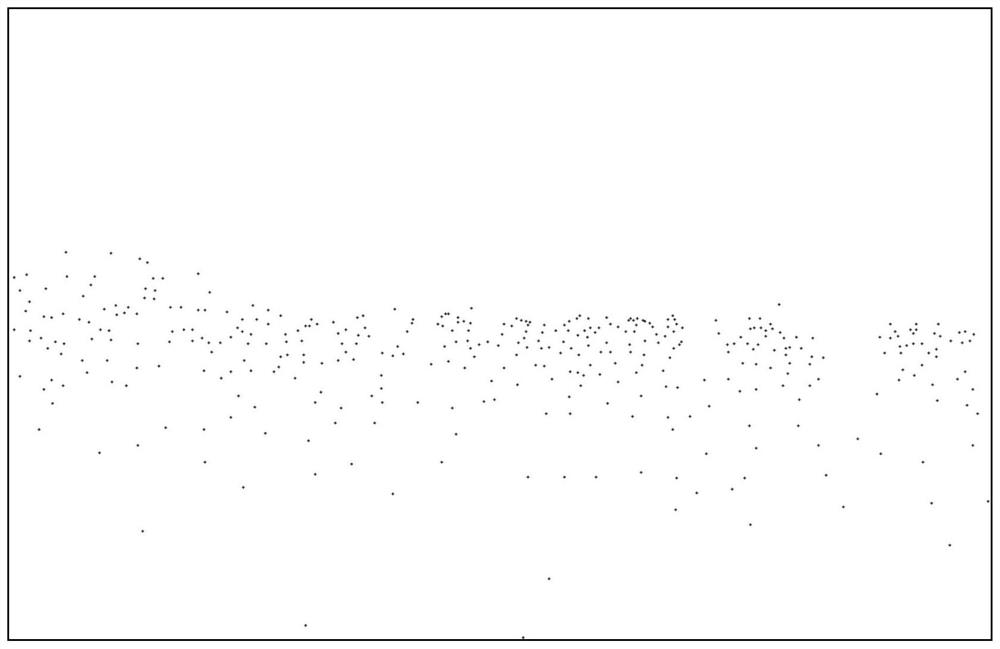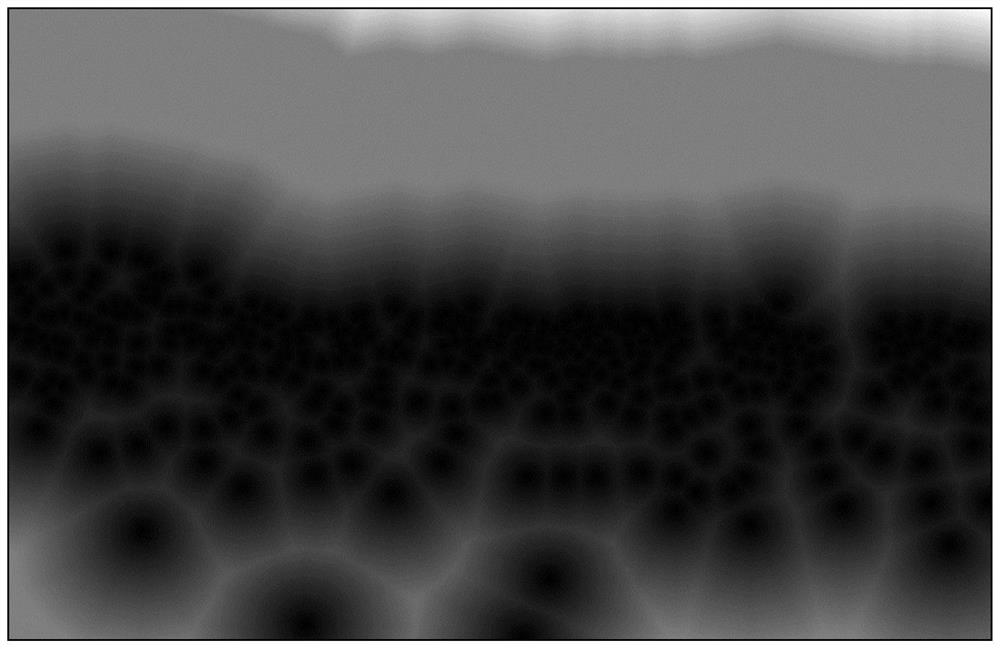A Dense Population Counting and Localization Method Based on Distance Transformed Labels
A technology of distance transformation and positioning method, which is applied in the field of computer vision, can solve the problems of inability to provide positioning information and inapplicable to dense crowd scenes, etc., and achieve the effect of simple counting method
- Summary
- Abstract
- Description
- Claims
- Application Information
AI Technical Summary
Problems solved by technology
Method used
Image
Examples
example 1
[0069] (1) Make a data set. For each head, due to the innovation of this method, only the center coordinates of each head need to be provided, and the labeling frame of each head is not required. Compared with the detection-based method, the cost of human labeling is greatly reduced. Online expansion of the produced data set, the specific operations are random horizontal flip, random scaling between 0.8-1.5 times, and random superposition of salt and pepper noise. The number of noise points of salt and pepper noise is 0.001-0.015 times the number of pixels in the picture.
[0070] (2) Generate a binary map Binary map. Pre-set the two-dimensional zero matrix. For a given center coordinate (x, y) of each head, according to the coordinate position, use 1 to represent the point on the matrix, such as figure 1 Shown represents the original image, figure 2 Shows the Binary map generated from the coordinates of the center of each head. It should be pointed out that, for intuitiv...
example 2
[0103] According to the method proposed in the present invention, the performance obtained on three common public datasets is given, specifically including ShanghaiTech_partA, ShanghaiTech_partB and UCF-QNRF.
[0104] The ShanghaiTech_partA dataset contains 482 pictures, including 300 training pictures and 182 test pictures, which are mainly crawled from the Internet. The density of the data set is relatively moderate, and the average number of people is 501.
[0105] The ShanghaiTech_partB data set contains 716 pictures, of which 400 are used for training and 316 are used for testing. The data set is mainly from the streets of Shanghai. The density of the data set is relatively sparse, and the average number of people is 123.
[0106] UCF-QNRF contains 1535 pictures, of which 1201 are used for training and 334 are used for testing. The data set is very dense. The average number of people is 815, and the maximum number reaches 12865.
[0107] The evaluation indicators used are...
example 3
[0121] scalability. This method can not only be used to complete the counting and positioning of crowds, but also can be used to complete the counting and positioning of other objects, such as vehicles and cells. Here, the present invention takes the public vehicle data set trancos as an example to illustrate its ability in vehicle counting and positioning.
[0122] First, the generated Distance label map is also used as the real label D. Since the dataset provides mask annotations, that is, the region of interest, the input image point is multiplied by the mask as input, and the output point is also multiplied by the mask. Using the same FPN structure as crowd counting and positioning, the loss function remains unchanged, and the test results after training are shown in Figure 9 , where GT represents the number of vehicles in the ground truth label, and Count represents the number of predicted vehicles, showing excellent counting and localization accuracy.
PUM
 Login to View More
Login to View More Abstract
Description
Claims
Application Information
 Login to View More
Login to View More - R&D
- Intellectual Property
- Life Sciences
- Materials
- Tech Scout
- Unparalleled Data Quality
- Higher Quality Content
- 60% Fewer Hallucinations
Browse by: Latest US Patents, China's latest patents, Technical Efficacy Thesaurus, Application Domain, Technology Topic, Popular Technical Reports.
© 2025 PatSnap. All rights reserved.Legal|Privacy policy|Modern Slavery Act Transparency Statement|Sitemap|About US| Contact US: help@patsnap.com



